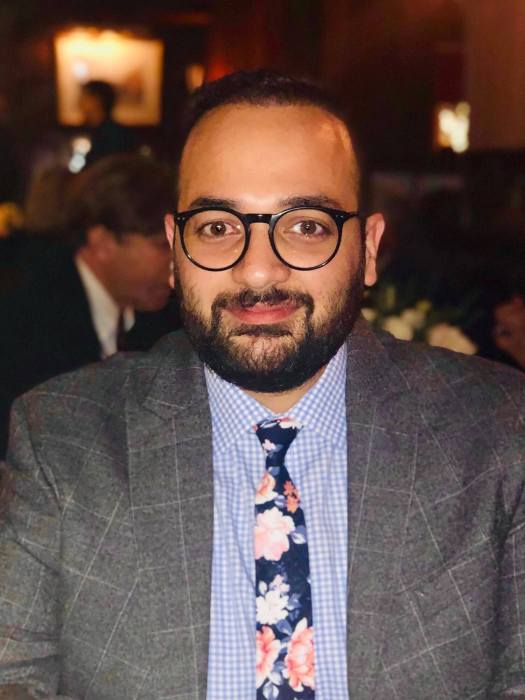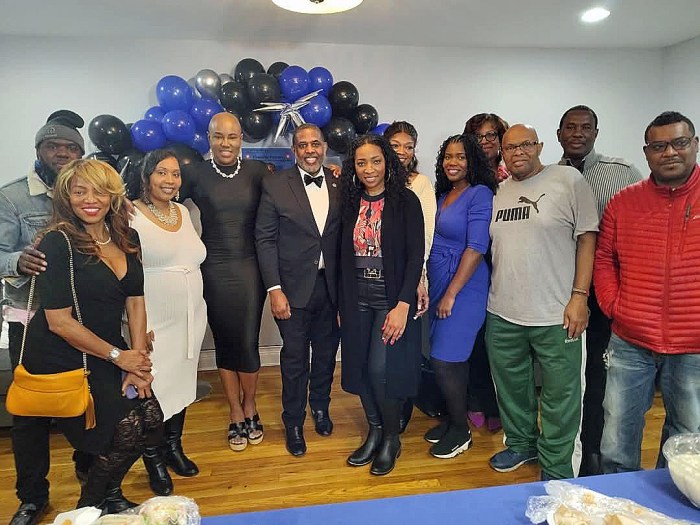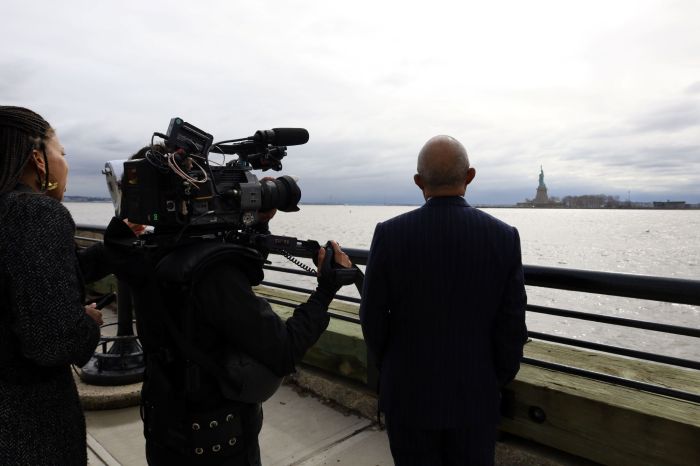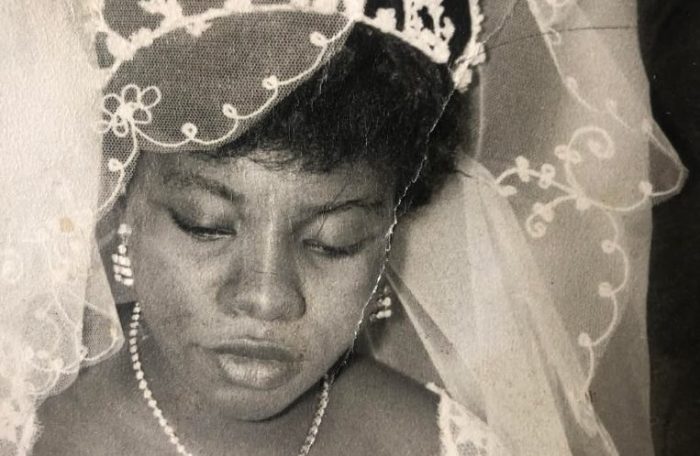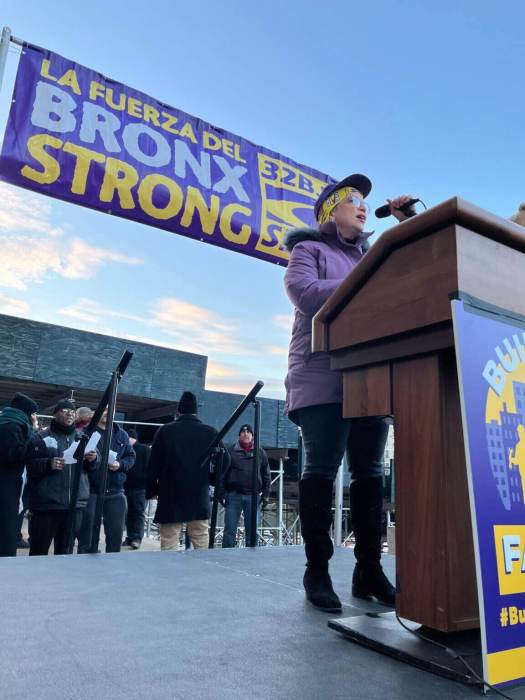On the last Saturday of Black History Month 2025, a predominantly Afro-Panamanian crowd packed into Brooklyn’s Roulette Intermedium to support “Ramon,” a short film about an undocumented immigrant from the isthmus.
Slated for four daily screenings, the marathon event culled curious nationals, friends, and advocates of an open immigration policy in America.
“I am here because I identify with the storyline,” a patron who asked to be recognized as Enid said.
Enid said she had already seen the mini production when it premiered in the borough but felt compelled to support the daylong fundraising cause to expand the production to a miniseries.
Apparently a staunch supporter of the patriotic collective known as the Day of Independence Committee of Panamanians in New York, Inc., Enid explained that their collaboration with Misioneros Production LLC, vendors, and culinary delights further emboldened her renewed interest in the subject matter.
She cited the current complexities immigrants face as American transplants as another reason for committing to the project.
“Some of (the film) is funny, other parts are sad and even tragic, yet in retrospect, all are part of the experience we have to endure in order to survive here.”
Although still a work-in-progress, numerous characters depict the ironies of surviving, racism, deprivation, a language barrier, and eluding deportation from a foreign country.
Before the first screening recently, Barbados-born Rev. David Barrow reflected on the migrant community from his native Caribbean island, Jamaica, and other destinations where recruits from the region originated.
The pastor said many left their families and homelands to help build the Panama Canal, which enabled ships to shorten the journey to America.
The ingenious construction allowed Atlantic/Pacific passage, which hastened trade and commerce.
In a relatable message, the preacher explained the pride in accomplishing the mission, which united ‘diggers’ to form a bridge between English and Spanish-speaking communities in 1903.
Construction of the US-funded innovation ended in 1914. It was considered a technological prowess between engineers from the United States and the enduring might and dedication of the predominantly African-Caribbean volunteers.
Some claimed the collaboration “heralded a foreign policy achievement” for America.
Dr. Ionie Pierce, a Jamaican, joined the entourage of welcomers intent on furthering the storyline. “Ramon” started as an undocumented, single parent living in Brooklyn.
“This story is relevant,” she added.
Many patrons concurred with the message and relevance of the poignant tale.
With intentions of expanding the first of a series, producers urged patrons to scan a code, which, in addition to enabling critique, will also allow potential actors to appear in the next installment of the engaging saga.
Eggs Too Damn High? National Scramble Set
Two decades ago, New Yorker Jimmy McMillan publicly complained, “The rent’s too damn high.”
In 2005, he took his protest to City Hall by running for mayor.
In fact, as a candidate, McMillan formed his own political party on the single issue of lowering the cost of living in the state.
Now, a movement curbing rising grocery prices has emerged with national protests against egg pricing.
Much of the escalated pricing is attributed to slaughtering chickens reputedly sickened by bird flu. However, the national focus extends to corporate greed and exploitation of consumers.
Therefore, on the last day of February, a campaign to hold off from spending challenges the system.
Organizers cite frustrations with particular profiteers as what forced the Feb.28 boycott.
Catch You On The Inside!




